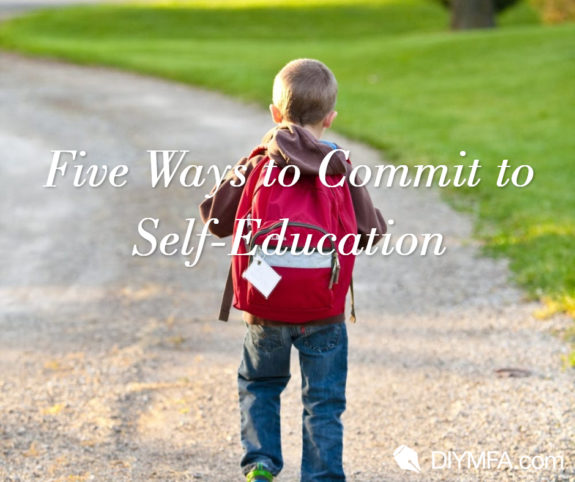“Write what you know.” It’s the most eye-rolling of writing cliches, isn’t it? Yet it’s a cliche because it contains an element of truth. You can’t write about a mechanic unless you know something about cars. You can’t write about life in 1935 unless you know something about world events, fashions, and technology from that time. That doesn’t mean you have to be a mechanic or time-travel to 1935. It just means that you need to educate yourself in order to write about those things.
But those examples are only the most superficial level of writing. Let’s say you put that mechanic in 1935, and he’s white. Do you know how he’d react to a Black customer? Do you know what sort of language he’d use about women, or what he’d think of two men in a gay relationship? Do you know what sort of racist or sexist messaging he’d be reading in his magazines and books? Finally, how do you take all of that historical reality and make it meaningful to a modern reader?
If you want to write about anything below the surface level of life, you’ll have to do some deeper research. You’ve been living your life with only one perspective, and it’s important to go deep on others if you want your writing to have power with anyone besides you and people like you. This is true for whatever genre you’re writing. My example was about historical fiction, but even if you’re writing science fiction and building your own world, you still need to know how people react to structures of power and systems of oppression. If you’re writing memoir, your writing will be made richer through understanding the perspectives of your supporting cast.
After George Floyd’s death, our leader Gabriela pledged to put herself through training so that she could better understand the experience of Black people in America. She knew that self-education is the only way to write with empathy and authenticity in a diverse world. It’s not just about reading a book or looking up a fact on Wikipedia. True self-education requires commitment. It requires reflection, open-mindedness, soul-searching, and a willingness to change.
Today I’d like to give you some practical tips on how to build self-education into your writing practice.
1) Find a role model.
Do you know someone who continually seeks to learn and grow? Make that person your self-education role model. Ask that person three questions:
- How do you decide what you need to learn?
- Where do you find sources of education?
- How does learning new things challenge and change you?
My role model is my 97-year-old grandfather. Years past the age when it would be acceptable for him to sit back and watch the world go by, he’s still learning new things. Just in the past few months, he started playing a new word game, wrote a reflective essay about the American presidency, and read books about white supremacy and the history of oppression in the United States. Whenever I feel myself getting lazy about my own education, I think about my grandfather and remind myself that I must keep trying to grow if I want to be like him.
2) Figure out what you need to learn.
Ask yourself these questions:
- What about society today do you not understand?
- What about our shared history do you not understand?
- Did you learn about history from one perspective, or several?
- What are the limitations of your past education?
Begin a list of topics you feel compelled to explore. Note: don’t confine yourself to topics you want to explore. Push yourself outside your comfort zone. That’s part of true self-education.
3) Look for rivers, not wells.
After ascertaining what you need to learn, it’s time to find sources of education for yourself. In seeking your sources, remember to look for rivers, not wells. You want to find a book, podcast, community or course that’s part of a cultural conversation, not one that lives in isolation. You can learn a lot about culture from one book, but you’ll have a much deeper understanding if that book is read in conjunction with fellow readers who can help you form new ideas and provide further resources. Listen to podcasts that recommend other podcasts. Read bloggers who connect with other bloggers. Join the cultural conversation.
4) Build self-education into your value system.
Remember the old adages: “You are what you do,” and “What you do every day matters more than what you do once in awhile.” Keep tabs on yourself. Make yourself a weekly checkbox for watching a TED talk, varied by topic and the background of speaker. Fill a quota of books to read about a certain topic for the year. Join a group that will keep you accountable to self-educate through reading, watching and discussing.
5) Join the rivers.
Once you’ve begun self-educating, it’s your responsibility to educate others. Join those rivers of conversation and information. Use your talents as a writer to shape the conversation in new ways.
Write what you know, now that you know more.

Leanne Sowul is an award-winning writer and music teacher whose work has appeared in such places as Rappahannock Review, Hippocampus, Mothers Always Write and Confrontation; her live readings include Read 650’s “Gratitude” show at Lincoln Center. As an elementary band director, Leanne can play every woodwind, brass and percussion instrument (just don’t give her a cello!) and has directed over two hundred student performances. She also coaches adults in the art of creative practice through her newsletter, The Joyful Creative. In 2017, Leanne won both the Scott Meyer Award for personal essay and the All-American Dream Champion Award for music teaching. Leanne lives with her husband and two children in the Hudson Valley. Connect with her at leannesowul.com.







